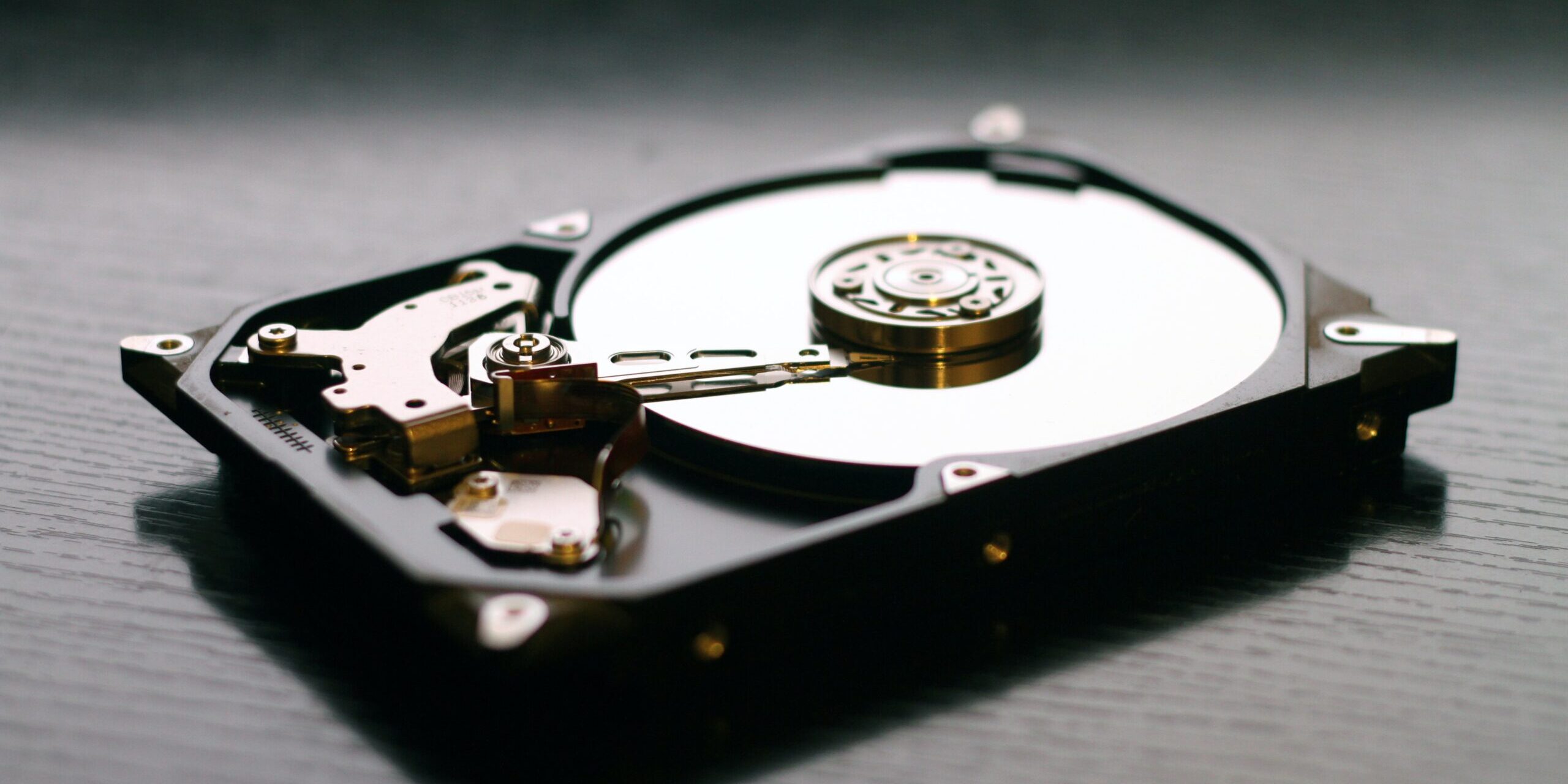Why Every Business Enterprise Needs a Data Backup & Disaster Recovery Plan
Because Plan A is not guaranteed, everyone needs a Plan B. It’s why baseball teams have bullpens, trunks carry spare tires, and guitarists pack extra strings. It’s why businesses build controls into their processes and diversify their sources for materials, goods and services. To use a term that came into vogue during the COVID crisis, it’s all about supply chain resiliency. But what about data resiliency? Have you got a Plan B for that?
What would happen if you came into work one day and found your company data base had been wiped clean? Or that none of your computers could access the system? How long would it take you to replace what was lost? How much would that cost in cash and down time? Unfortunately, this is not a far-fetched scenario. As IT Service providers for a wide range of businesses, we respond to these types of emergencies too often. And too often, the business does not have a recovery plan in place.
Major causes of data disruption for U.S. companies
No matter where you store your data, your system is vulnerable to:
- Natural disasters — Remember Superstorm Sandy? That Atlantic hurricane caused billions of dollars in property damage and claimed for than 120 lives. Power was out for weeks in some places. Now imagine your servers were hit by such a storm, or a fire, a flood, or a lightning strike.
- Hardware failure — Anyone who’s ever suffered a hard drive crash knows the heartache of data loss due to equipment failure. Losing the data on one device is bad enough, but what happens when a line of servers goes down due to a power surge or a failure in your cooling system?
- Human error — Even the most conscientious employees sometimes make errors that result in the loss of data. Whether it’s a vital document, a contract, or an order, the loss of that information has consequences. Work may have to be done over from scratch. You might have to make an embarrassing admission to a client, which would damage your reputation.
- Cyber attacks — Cyber criminals are constantly developing new methods to breach your defenses. But contrary to movie and TV depictions of genius hackers cracking codes and deciphering passwords, most breaches occur because an employee fell for a phishing attack and clicked on a malicious link. This can lead to a virus that destroys stored data or a ransomware attack that holds your system hostage.
The consequences of any of these incidents can be severe. Imagine being unable to service your customers for three to five days or even longer. How many orders or customers would you lose? Could you survive with the clients you retained, and if so, how long would it take you to recover your lost business? In addition, you’ve got to consider your liability if customer data fell into the wrong hands. Not only might you have to pay damages, but the loss to your reputation could be crushing.
Think about the years you spent building your company. You can’t allow that to be swept away in a flash of lightening or with the click of a mouse.
Options for companies seeking a data backup and disaster recovery plan
The key to preventing a catastrophic loss of data is redundancy. You can back your servers up offsite, i.e., in the cloud, and schedule frequent uploads. For extra protection, you can vault your data in more than one location. If the worst-case scenario comes to pass, you can quickly restore what was lost and get on with business as usual.
Remember, it’s not if, but when disaster will strike. With a reliable data recovery plan, you can weather any superstorm nature throws at you. Let KMF Technologies provide the guidance you need to develop the plan that’s best for you.


